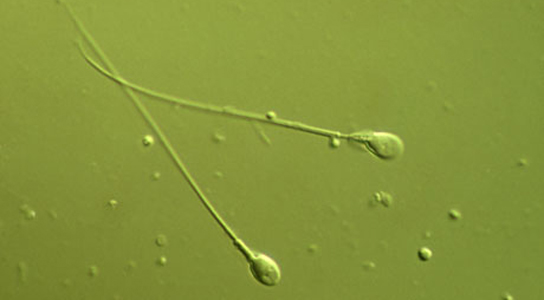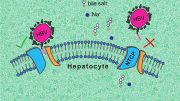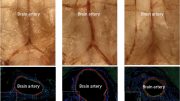
The age at which a father sires children has been proven to determine how many mutations those offspring inherit.
J.B.S. Haldane proposed in the 1930s that children might inherit more mutations from their fathers than their mothers. This year, thanks to whole-genome sequencing of dozens of Icelandic families, it has been proven that the age at which a father sires children determines how many mutations those offspring inherit.
The scientists published their findings in the journal Nature. When fathers start families in their thirties and beyond, men could increase the likelihood of passing on their mutations to their children. Lead author Kári Stefánsson, a geneticist in Reykjavik, Iceland, states that there is an increased chance that one of those mutations might be deleterious.

Sperm is continually generated by dividing precursor cells, which acquire new mutations with each division. Women are born with all of their egg cells, no more are produced. Stefánsson compared the genome of 78 trios of mothers, fathers, and children. The team then searched for mutations that weren’t present in either parent and that must have spontaneously arisen in the egg, sperm or embryo. This is the largest genetic study of nuclear families so far.
On average, fathers pass on nearly four times as many new mutations as mothers. The number of new mutations being passed on rose exponentially with paternal age. A 36-year-old father will pass on twice as many mutations as a 20-year-old man. A 70-year-old will pass on eight times as many.
Icelandic children born in 2011 will have 70 new mutations compared to 60 for a child born in 1980. The average age of fatherhood increased from 28 to 33 during that time period. Most of these mutations are harmless, but some could be linked to conditions such as autism and schizophrenia. The study doesn’t prove that fathers are more likely to pass on disease-associated or deleterious genes, but it strongly implies that fact.
This could explain the rise in autism spectrum disorder. In the US, the CDC reported that one out of every 88 American children is now diagnosed with autism, a 78% increase since 2007. Other geneticists agree that older fathers could lead to more cases of autism, but that’s not the only answer. Paternal age is unlikely to account for the entire rise in autism. In most cases, autism isn’t caused by a single mutation, so there must be other predisposing factors that are inherited from parents which are distinct from new mutations occurring in sperm.
Reference: “Rate of de novo mutations and the importance of father’s age to disease risk” by Augustine Kong, Michael L. Frigge, Gisli Masson, Soren Besenbacher, Patrick Sulem, Gisli Magnusson, Sigurjon A. Gudjonsson, Asgeir Sigurdsson, Aslaug Jonasdottir, Adalbjorg Jonasdottir, Wendy S. W. Wong, Gunnar Sigurdsson, G. Bragi Walters, Stacy Steinberg, Hannes Helgason, Gudmar Thorleifsson, Daniel F. Gudbjartsson, Agnar Helgason, Olafur Th. Magnusson, Unnur Thorsteinsdottir and Kari Stefansson, 22 August 2012, Nature.
DOI: 10.1038/nature11396









Be the first to comment on "Genome Study Links Paternal Age to Conditions Such As Autism"